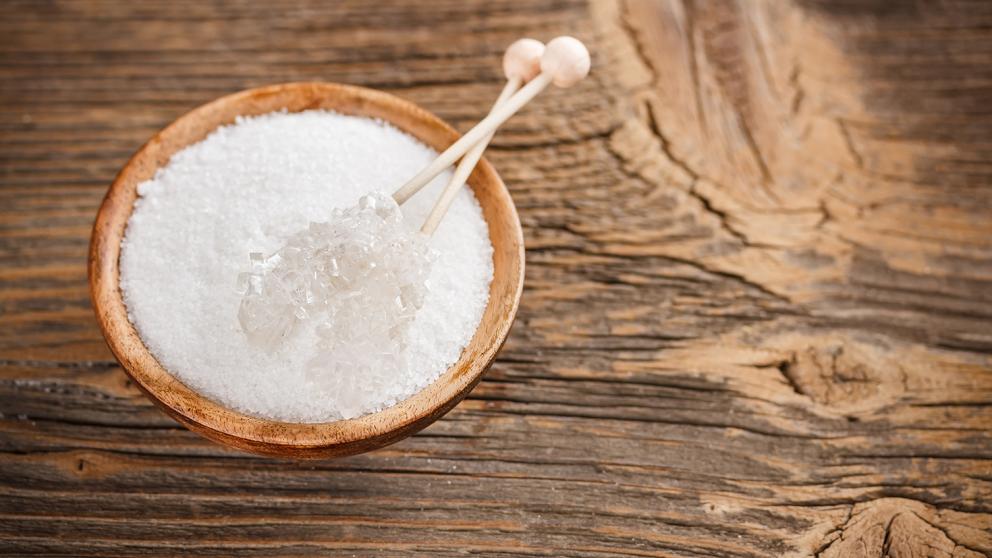You are here
The Risks of Xylitol

What is Xylitol?
Artificial sweeteners, no matter how you feel about them in terms of human consumption, can pose a risk to our pets. Xylitol, a common chemical food additive, is used by a number of product manufacturers as a sugar replacement. Xylitol can be found in a number of products ranging from:
-
Medications
-
Vitamins
-
Personal items such as baby wipes, diapers, sunscreen, makeup, and lip balm
-
Dental health products such as toothpaste, dental floss, breath fresheners, mouthwash and mints
Food items that may contain xylitol:
-
Drink powder
-
Pudding
-
Candy
-
Chewing gum
-
Chocolate
-
Baked items
-
Pancake syrup
-
Ketchup and barbecue sauce
Dangers & Symptoms
Xylitol, however benign for human, cat, and ferret consumption, is extremely dangerous if ingested by canines. If Ingested by a dog, xylitol can cause hypoglycemia (low blood sugar), liver damage and failure, or death. Symptoms relating to xylitol poisoning occur quickly - usually within 30 - 60 minutes of ingesting.
If you believe that your dog has ingested xylitol, contact your veterinarian immediately. Do NOT wait for symptoms to occur, as permanent damage and a poor prognosis is likely to be the case. The dose of xylitol that can cause low blood sugar in dogs is 75 - 100 mg/kg body weight. The higher the dose, the higher the risk of liver failure.
The signs of xylitol poisoning present as:
-
Vomiting
-
Weakness
-
Lack of coordination
-
Depression or lethargy
-
Tremors
-
Seizures
-
Coma
If you notice your dog exhibiting signs of xylitol poisoning, contact your veterinarian immediately.
Prevention
If your dog ingests something it’s not supposed to, first check the ingredient list. If xylitol is listed, contact your veterinarian immediately.
The best way to prevent xylitol poisoning is to ensure that all products that contain the chemical are stored safely away from the reach of your pets, or avoid buying products that contain xylitol.
There is no antidote for xylitol poisoning therefore the best treatment option is to prevent poisoning in the first place.
Information Sources & Further Reading
ASPCA - Xylitol: The Sweetener That Is Not So Sweet for Pets
